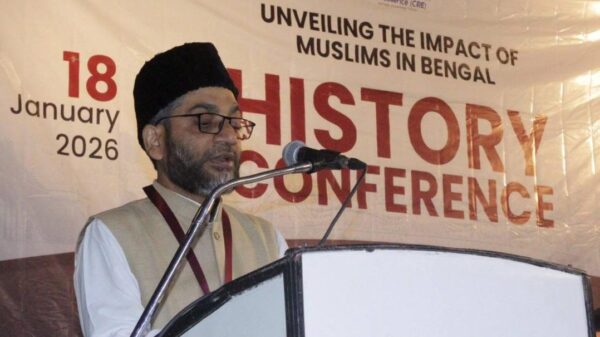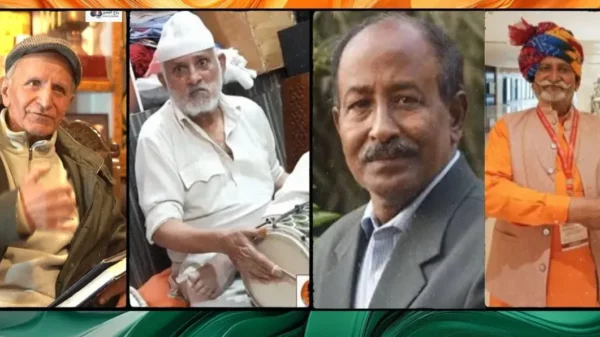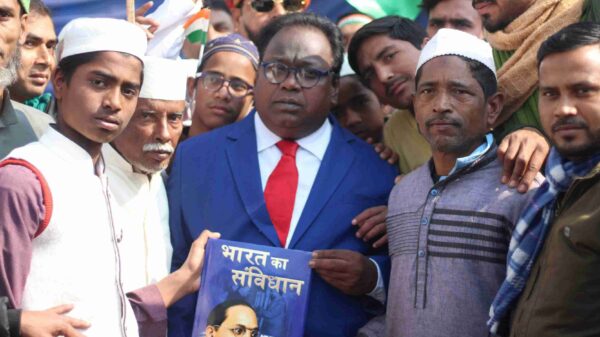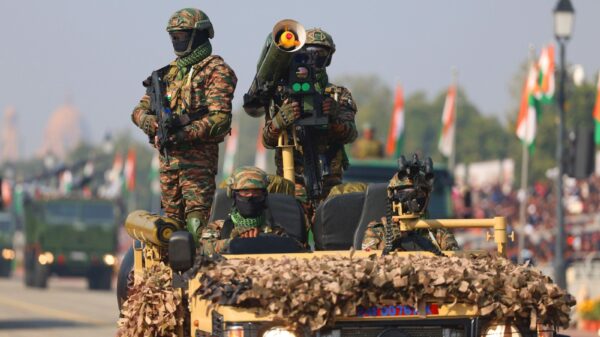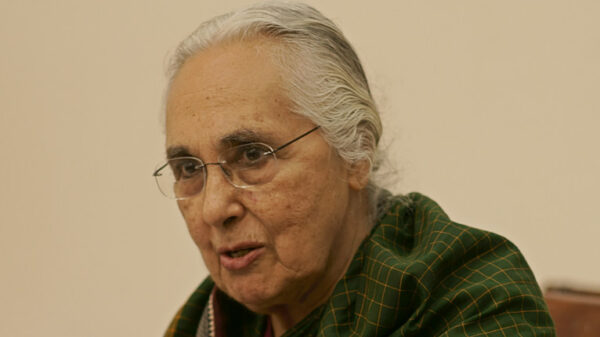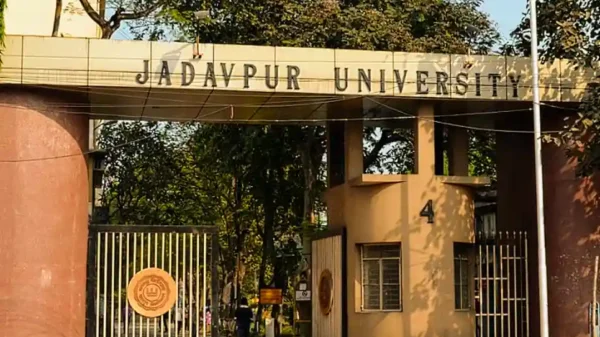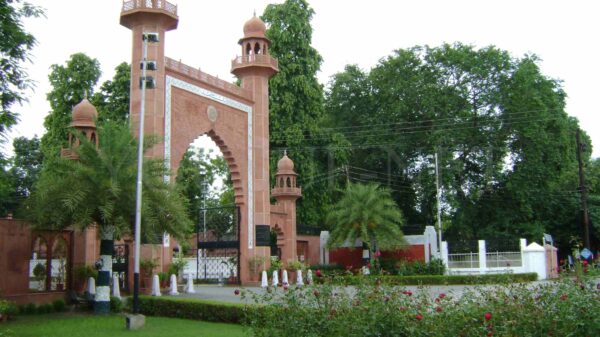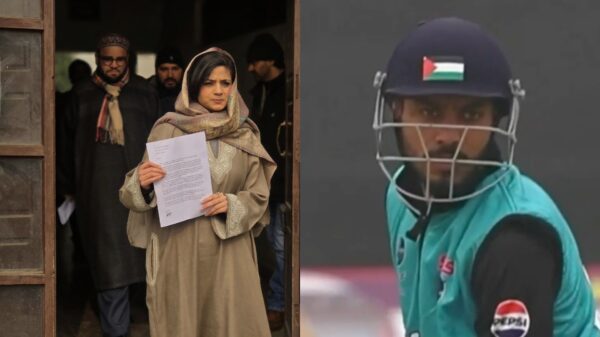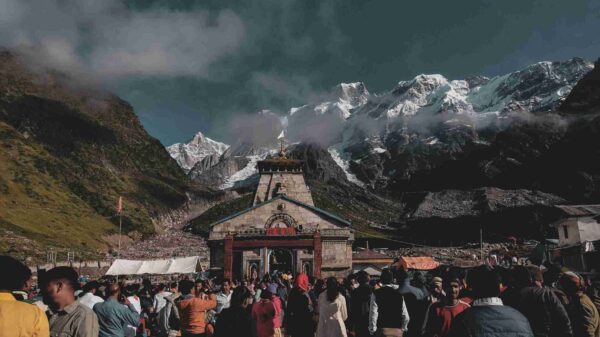India, the world’s largest democracy and a booming market for tech- companies, recently introduced sweeping new regulations that give the government unprecedented powers to censor and surveil online content.
The new regulations, which were issued by executive order in late February, this year, require social media platforms to deploy artificial intelligence to identify sexually explicit content, trace the origin of encrypted messages, verify their users, and hire local teams to respond to government complaints which may include removing any data, content or even individual’s social media account within three days of being notified.
The rules also bring online news outlets and streaming services under the ambit of the Ministry of Information and Broadcasting, which regulates traditional media such as television and newspapers.
This means that these platforms will have to adhere to the same content codes and censorship norms as the mainstream media, and could face government action if they violate them.
Moreso, platforms with more than five million users, such as Facebook, Twitter, and WhatsApp, face even stricter obligations and could lose legal immunity if they fail to comply with government orders to remove or block any content, as it demands.
Meer Faisal, a multimedia journalist who reports on hate crimes and human rights issues in India, has been targeted by the government’s repressive internet and media freedom policies, latest on October 15, 2023.
His account on X, formerly known as Twitter, was withheld in India based on a request from the government. A message displayed on his withheld account says that the action has been taken “in response to a legal demand”. However, the details of the demand remain unknown.
Faisal is one of the many voices that have been silenced by the government for criticizing its right-wing extremist agenda. He says, “These regulations are not only draconian and undemocratic, but also discriminatory and oppressive. They are designed to silence dissenting voices, especially those of the religious minorities, who have been facing increasing violence and persecution under Modi’s regime.”
Faisal believes that withholding an account or censoring a journalist’s work is a violation of press freedom. He says, “Press freedom is a vital democratic principle, enabling journalists to report and express their views without censorship or undue interference”. “Press freedom is in jeopardy, and journalists who report on Muslim-related stories face significant surveillance, he adds.
Meer has a following of over 50k on X, and his news stories are frequently covered by various media outlets, with some having a significant impact.
X, formerly known as Twitter, has been facing intense pressure from the Indian government to censor posts and accounts that challenge Modi and his regime, or that belong to journalists and political rivals of the BJP.
In May 2021, the government sent an anti-terrorism police squad to raid X’s office in New Delhi and threatened to jail its employees who did not comply with its takedown requests.
A former U.S. policy staffer of X told the Washington Post that the company’s actions in India were alarming.
“We are toeing the line, not antagonizing the government, knowing very well that this is a government that can come after you,” an industry official was quoted as saying in the report. “All governments in India have been intolerant. But now, they are putting in place the mechanisms and measures. They are going about it in a systematic manner.”
The government has justified the new rules as necessary to protect India’s sovereignty, security, and public order, and to prevent the spread of misinformation, hate speech, and pornography. It has also accused foreign tech companies of being biased and interfering in India’s internal affairs.
Speaking in an interview, the deputy technology minister in the BJP government who oversees many of the new regulations said, “The shift is really simple: We’ve defined the laws, defined the rules, and we have said there is zero tolerance to any noncompliance with the Indian law.”
“You don’t like the law? Don’t operate in India. There is very little wiggle room,” added the minister.
An article published in the Washington Post argues that the new security measures are part of a broader crackdown on dissent and criticism by the Modi government and the BJP, which have been facing growing opposition from farmers, students, activists, and journalists.
The article suggests that the BJP is trying to impose its Hindu nationalist agenda on the internet by censoring content that challenges its policies and ideology.
Admittedly, in January this year, the Indian government censored documentaries, news articles and websites that exposed Prime Minister Modi’s involvement in the 2002 Gujarat riots, which killed more than 1,000 people, mostly Muslims.
In addition, it banned the accounts of the U.S.-based groups that campaign for religious freedom and human rights in South Asia.
This has created a chilling effect on free speech and public discourse in India, where social media platforms have been crucial for exposing corruption, mobilizing protests and amplifying marginalized voices.
The Indian government, on the other hand, has defended its actions as necessary to protect India’s sovereignty and national security. It has also claimed that it has strengthened national laws to bring disobedient foreign companies to heel.






